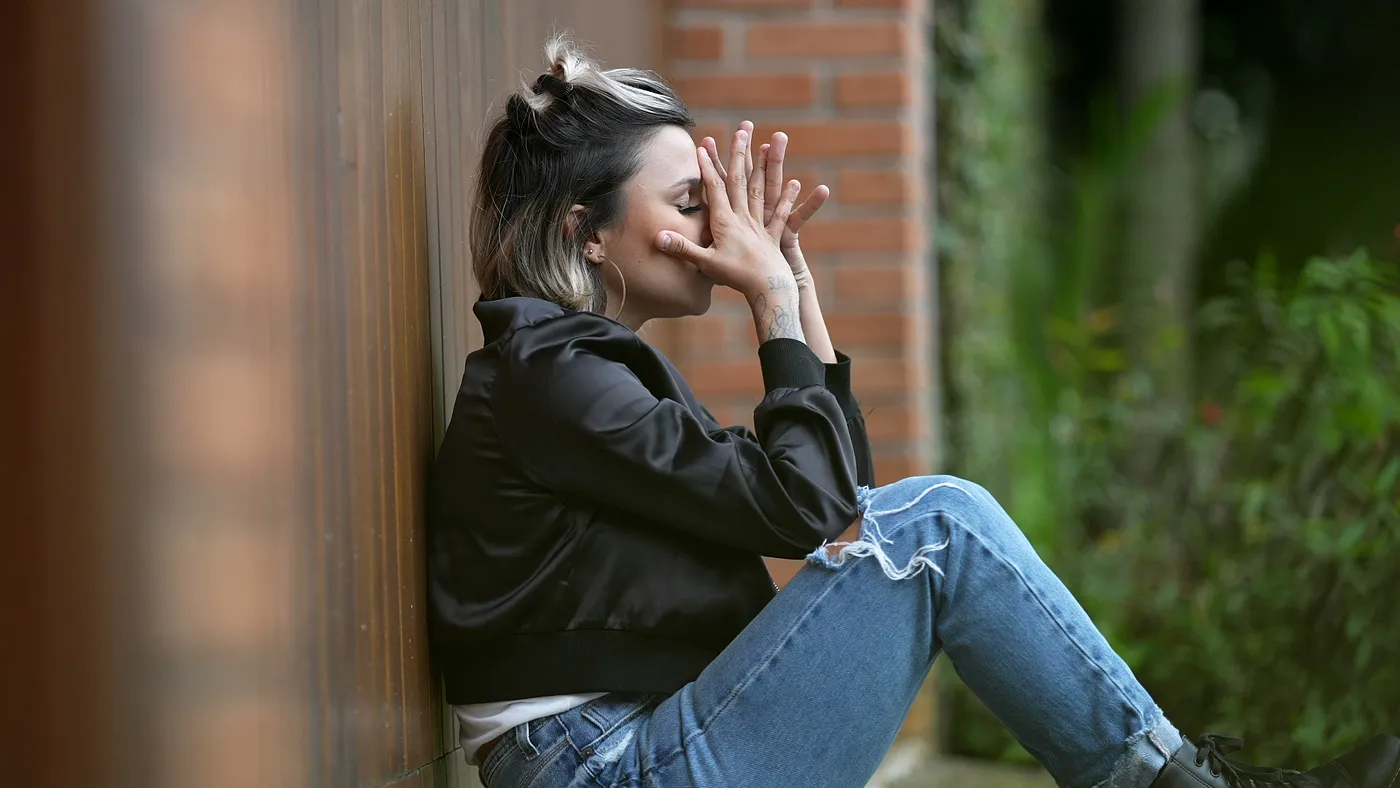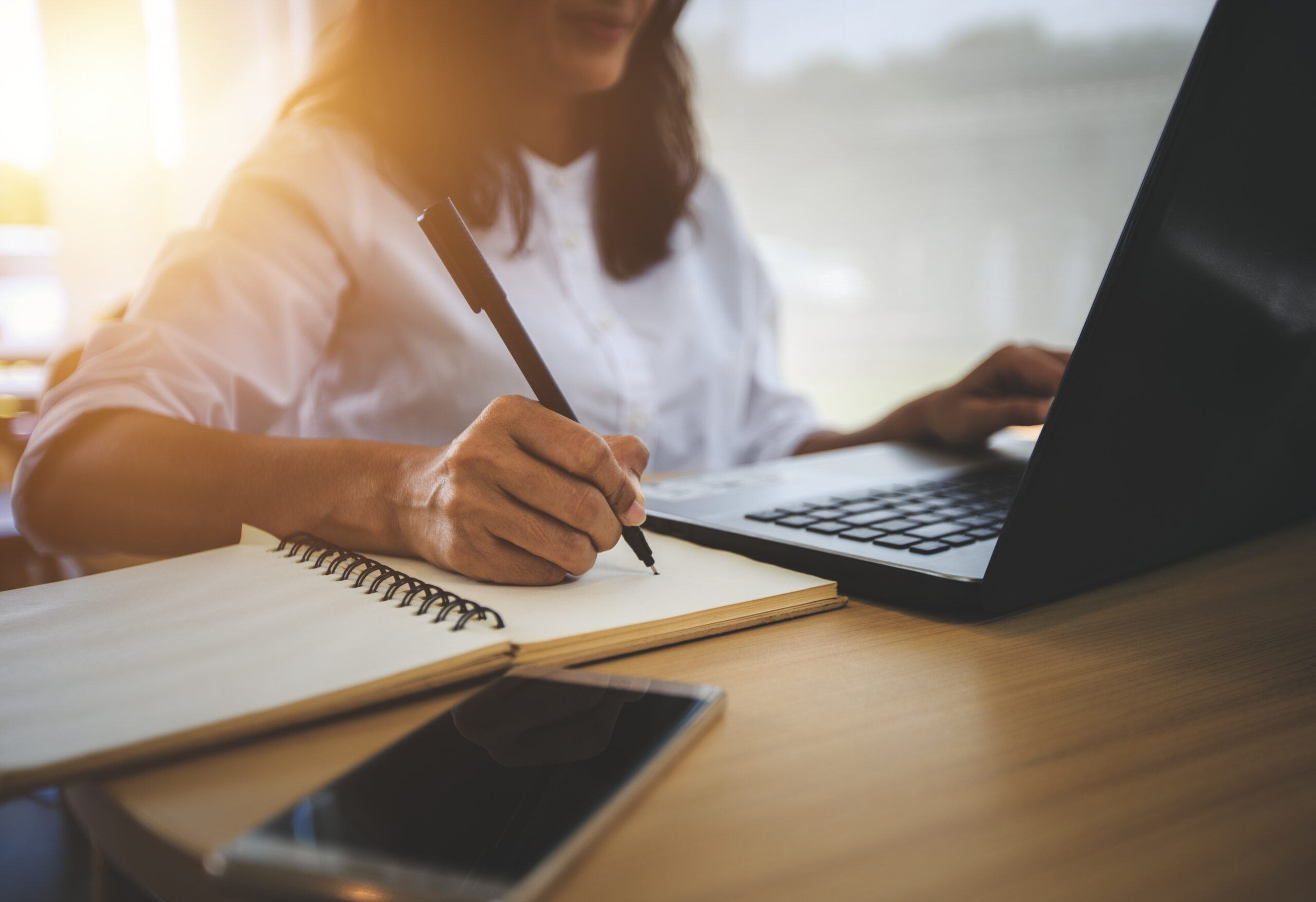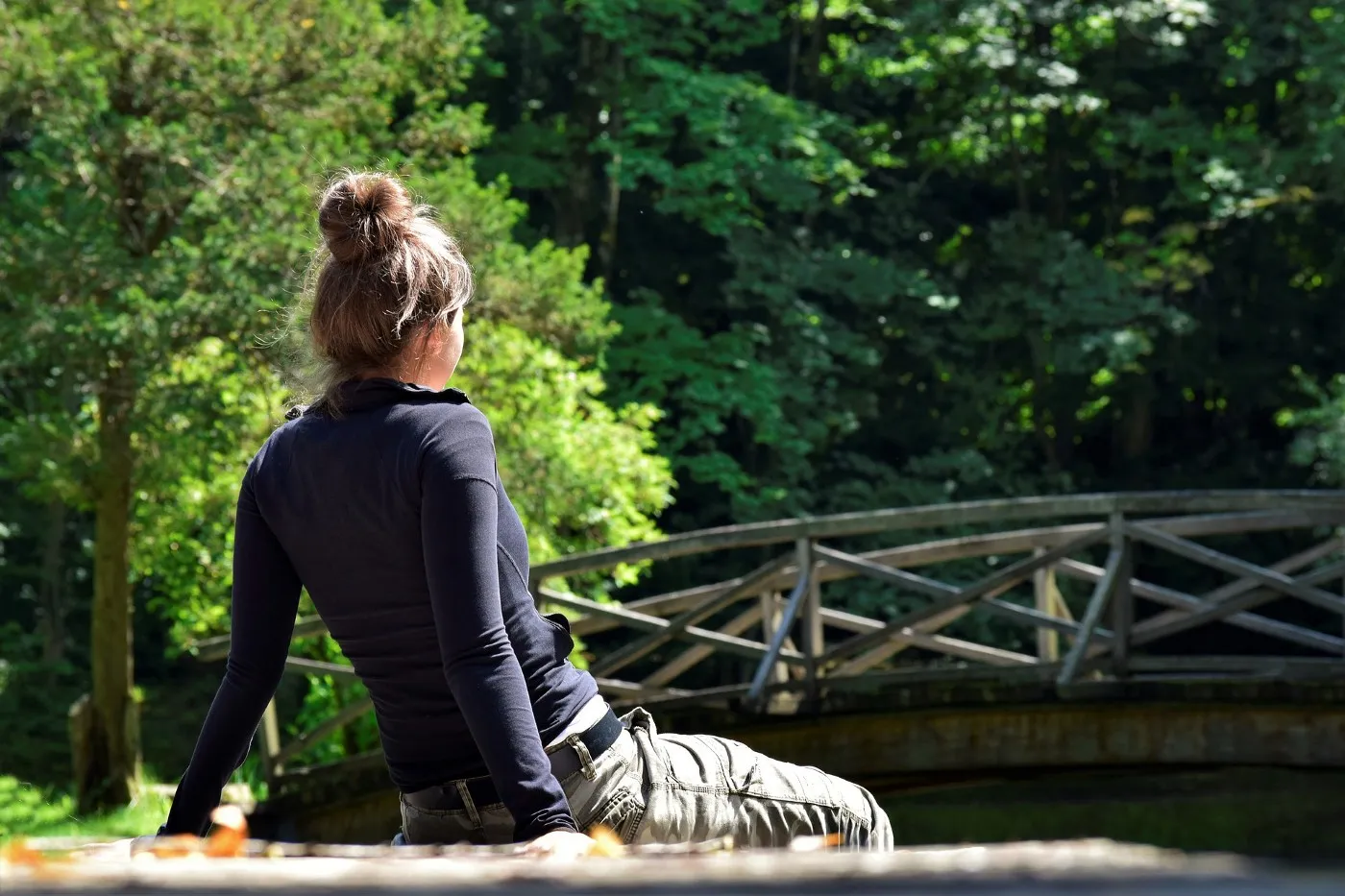Sometimes hindsight is painful, isn’t it?
Have you ever thought about all the things you would change in your life if you only knew what you know now?
It’s a common thing to do. We all have things we would change. We wish we could get back the time we lost — make the time we spent suffering shorter.
For me, opioid addiction was a necessary evil. I couldn’t have changed in the ways I needed without it, but if I could go back and lessen the years of addiction and pain?
Uh, yeah. You bet I would. In a second.
Flashback to 2010.
I had just had surgery on my spine, an excruciating process that kept me in the hospital for a week, drugged up on morphine all hours of the day and night.
The surgery was the result of a birth defect — I’d been born with my spinal cord fused to my skin.
Although doctors had repaired the problem shortly after I came into the world, and although I had checkups to make sure things were still good every year until I was 16, my spinal cord decided to re-tether sometime between the years of 16 and 22.
Very uncommon, but these things happen. So I had the surgery, and after being cleared to return home after my week in the hospital, I was pretty out of it.
The next two days went by in a haze of pain pills and trying to keep myself occupied. I didn’t really think about anything past making sure the pain was kept to a minimum, so when I needed another dose and there was no more medicine, I was completely blindsided.
What could I do?
For some reason, nothing had been set up with my usual doctor, and the surgeon and hospital staff sent me home with nothing more than two days’ worth of oxycodone.
The pain I was in was excruciating. Everything hurt, everything. Every move I made was agony, and it was all I could do to get through the night until I could see my doctor in the morning for some help.
My dad drove me to the doctor’s office the next morning, where the doctor proceeded to take one look at me and write up a prescription for Vicodin.
I was pretty out of it due to the amount of pain I was in, and honestly, I’d never even heard of Vicodin. I didn’t know what it was and I didn’t care; I just wanted something to take away the incredible pain I was in.
Suffice it to say, Vicodin did the job.
As a 22-year-old woman in 2010, I’d never had any experience with narcotics. I didn’t even know what they were or the dangers they presented.
Even without this knowledge, the longer I took the Vicodin, the more I wondered why I was still on it.
After about two months of taking it regularly, I decided I needed to do something. I didn’t want to go back to the horrible pain of before the Vicodin, but surely my spine was much better now, right?
I didn’t know, but I figured my doctor would. He was the professional, after all, someone who makes it his job to know these things.
I called him up to discuss stopping the Vicodin, only to be shocked when he vehemently told me to keep taking the medicine. He told me that my body needs it — that it wouldn’t be able to function without Vicodin.
I didn’t know any better — I was only 22. I didn’t want to take such a strong painkiller long term, but if my doctor said my body needs the medicine, then he must be right.
So, time went on and addiction ensued.
After 2 1/2 years of dependency and pain, and with a great deal of help from my dad, I was finally opioid-free.
Getting off Vicodin was one of the hardest things I’ve ever done, but that’s a story for another day.
Simply getting off the drugs wasn’t the end though — the next 6 years of my life were full of self-doubt, self-defeat, and self-loathing.
It took so long to feel good about myself again, which for me, was one of the hardest parts of this whole ordeal.
So when my doctor, (the one who prescribed me opioids in the first place and then refused to help me get off of them), lost his medical license due to irresponsible prescribing, I felt somewhat vindicated.
Turns out that the doctor, the one I trusted to have my best interests in mind when he gave me strong painkillers, was pocketing thousands of dollars off my opioid use.
Perhaps one of the most frustrating things about all of this is the fact that I was so clueless when it came to narcotics.
I had no idea what I was putting in my body or what it would do to me, and I trusted my doctor to do right by me.
I didn’t know that doctors made so much money off prescribing opioids, and I had no idea that there were doctors out there that didn’t care one bit about the health of their patients.
I was naive to the world. In my mind, doctors were there to help people. That was their job — they wouldn’t ever do anything to hurt their patients instead of help them.
Now, 12 years later, I look back and shake my head. I’ve had two c-sections since those days and took oxycodone for a max of two weeks after both.
Two weeks. No more, no less.
My body was in a considerable amount of pain after my c-sections (having your abdomen cut open can do that to you), but imagine my surprise when I realized how short of a time I actually needed strong painkillers.
Imagine my frustration when I realized that no, my body did not need Vicodin long-term.
I could’ve skipped all the pain and heartache opioid addiction caused if only I knew how much pain my body actually could handle, and how brief a time the pain would be acute for.
My doctor knew this, but I didn’t.
I can’t change the past, but I can share my story in the hopes that it will help someone else.
Maybe there are others out there who aren’t familiar with opioids — maybe one of them will be prescribed Vicodin like I was.
If only I had the knowledge I have now, things would’ve turned out differently. Don’t rely on your doctor when it comes to your health — make sure that you’re the one making sure everything’s okay and going the way it should be.
While there are good doctors out there, you can’t assume that they have your best interests at heart. You are the one who knows what your body needs, more than anybody else.
If I had listened to my body when I felt that I should no longer be taking Vicodin and ignored my doctor’s counsel, I would have never become addicted.
So listen to your body. Educate yourself about the medicines you’re putting into it.
Don’t just let things happen to you, the way I did.




